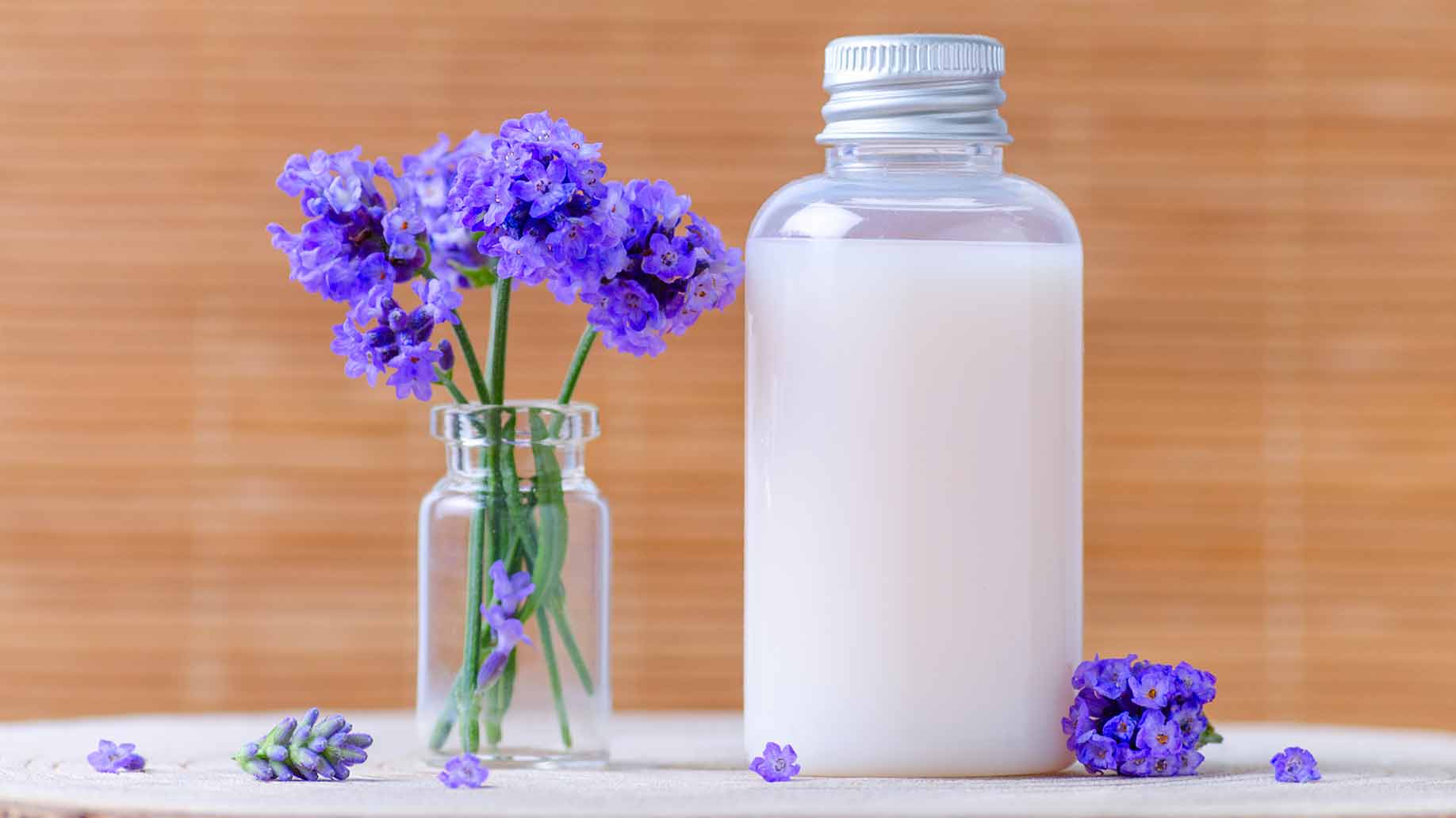Leaky gut syndrome is a controversial subject. Naturopaths and functional medicine practitioners tend to view leaky gut as a disorder in its own right, which, if untreated, can play a role in the development of a wide range of diseases.
More conventional physicians tend to see increased intestinal permeability as a symptom, rather than a cause, of conditions such as celiac disease and inflammatory bowel diseases.
What is Leaky Gut?
The surface cells in the mucosal lining of the small intestine (epithelium) are joined by structures called desmosomes. These tight junctions between cells form a protective barrier which allows nutrients from food to be absorbed into the bloodstream while at the same time preventing the passage of harmful microorganisms and toxins into the body.
Leaky gut syndrome, or intestinal hyperpermeability, occurs when the cell junctions loosen, allowing pathogens such as viruses, bacteria, yeast or undigested food particles to pass out of the digestive system and circulate in the bloodstream. The immune system reacts to these foreign substances by triggering inflammation which can result in a wide range of symptoms.
According to a review published in BMC Gastroenterology, intestinal permeability is related to intestinal diseases including gastric ulcers, infectious diarrhea, irritable bowel syndrome, inflammatory bowel disease, celiac disease, colorectal cancer and esophageal cancer. It is also associated with non-intestinal inflammatory and autoimmune diseases including allergies, dermatitis, respiratory infections, arthritis, diabetes and coronary vascular disease.
Causes of Leaky Gut
Anything which irritates, damages or inflames the mucosal barrier that lines the intestines could result in leaky gut. Some possible causes include:
- Gluten, gliadin and lectins in wheat and other grains or legumes
- Refined sugar and high fructose corn syrup
- Industrial food additives
- Hormones and antibiotics used in intensively farmed meat
- Chronic stress
- Microbial imbalance
- Environmental chemicals including pesticides and herbicides
- Excess alcohol
- Aspirin, ibuprofen and other NSAIDS
- Antibiotics
Symptoms of Leaky Gut
Gastrointestinal symptoms such as diarrhea, constipation, bloating and gas might be related to a leaky gut, but aren’t necessarily an indication of increased intestinal permeability.
Some other symptoms often attributed to leaky gut such as ‘brain fog’ and fatigue could have a wide variety of causes. In most cases, leaky gut cannot be definitively diagnosed based on symptoms alone.
Diagnosing Leaky Gut
The most widely used test for intestinal permeability is the lactulose-mannitol test.
Mannitol is a sugar-alcohol often used as a sweetener in chewing gum. Lactulose is a type of sugar found in pasteurized milk which is used to treat constipation. Lactulose molecules are larger than mannitol molecules and are less able to permeate the mucosal lining of a healthy gut.
In the lactulose-mannitol test, the patient drinks a solution containing both sugars. Urine samples are collected over the next 5-6 hours. The amount of mannitol and lactulose present in the urine reflects how much of each was absorbed by the body.
High levels of mannitol and low levels of lactulose indicate a normal intestinal lining. A similar level of both sugar molecules indicates a leaky gut.
5 Evidence-Based Treatments for a Leaky Gut
1. Probiotics

Laboratory and animal studies have shown that certain bacteria in the gut release signals that increase the expression of genes involved in strengthening the mucosal barrier.
Bacteria also synthesize fatty acids from fiber that have been shown to enhance intestinal epithelial barrier function and protect against pathogens. Manipulation of the gut microflora with probiotics can simultaneously restore normal gut permeability and improve symptoms of inflammatory diseases.
A cross-over study published in the Journal of Pediatrics tested whether probiotics could alleviate intestinal inflammation and strengthen intestinal barrier function in children with atopic dermatitis. A total of 41 children aged 1-13 with moderate or severe dermatitis were randomized to receive either a probiotic supplement containing two strains of Lactobacillus or a placebo for 6-weeks.
After a 6-week wash-out period, the placebo group was switched to the active treatment and the probiotic group was switched to placebo for a further 6-weeks. Before and after each testing period the patients’ gastrointestinal symptoms were recorded and they were given a lactulose-mannitol test for intestinal permeability.
Frequency of gastrointestinal symptoms was significantly reduced during Lactobacillus supplementation from 39% down to 10%. The lactulose-to-mannitol ratio was also significantly lower after probiotic treatment than after placebo.
Following Lactobacillus supplementation 56% of patients experienced improvement in dermatitis compared to 15% when taking the placebo. There was a positive association between the lactulose-to-mannitol ratio and dermatitis severity.
Researchers concluded that impairment of the mucosal barrier appears to cause the development of atopic dermatitis. Probiotic supplementation decreased gastrointestinal symptoms and led to a clinical improvement in severity of dermatitis.
A study published in Alimentary Pharmacology and Therapeutics examined the effect of probiotics on intestinal permeability in patients with irritable bowel syndrome (IBS). A total of 30 patients with diarrhea‐predominant IBS were randomized to receive a probiotic fermented milk drink containing 4 types of bacteria or a placebo milk beverage. Permeability of the small intestine was measured with a lactulose-mannitol test and clinical symptoms of IBS were scored on a standard scale.
After 4-weeks of probiotic treatment, small intestine permeability was significantly reduced. The proportion of patients with leaky gut syndrome decreased from 64% to 29%. Treatment with probiotics also significantly decreased IBS symptom scores.
A trial published in Clinical Infectious Diseases examined the effect of a probiotic supplement on immune response and intestinal permeability in children with acute gastroenteritis. A total of 124 Indian children with diarrhea who tested positive for rotavirus or Cryptosporidium bacteria were enrolled in the study.
The children were randomized to receive either probiotic capsules containing Lactobacillus rhamnosus or placebo capsules daily for 4-weeks. At the beginning and end of the study they took a lactulose-mannitol test and their blood was tested for antibodies to the virus or harmful bacteria.
Children with rotavirus and cryptosporidial gastroenteritis both showed improvement in intestinal permeability after treatment with the probiotic. Children with rotavirus who were given probiotics had significantly fewer repeated episodes of diarrhea compared to those who took the placebo. They also had a significant increase in antibodies to the virus.
Method: Unpasteurized, naturally fermented foods are a good source of probiotics. They include yogurt, raw cheeses, sauerkraut, tempeh, natto, miso and kimchi.
If you choose to take probiotic supplement capsules, make sure they contain at least 15 billion colony forming units (CFUs) and at least 10 different strains of bacteria.
Recommended:
2. Glutamine
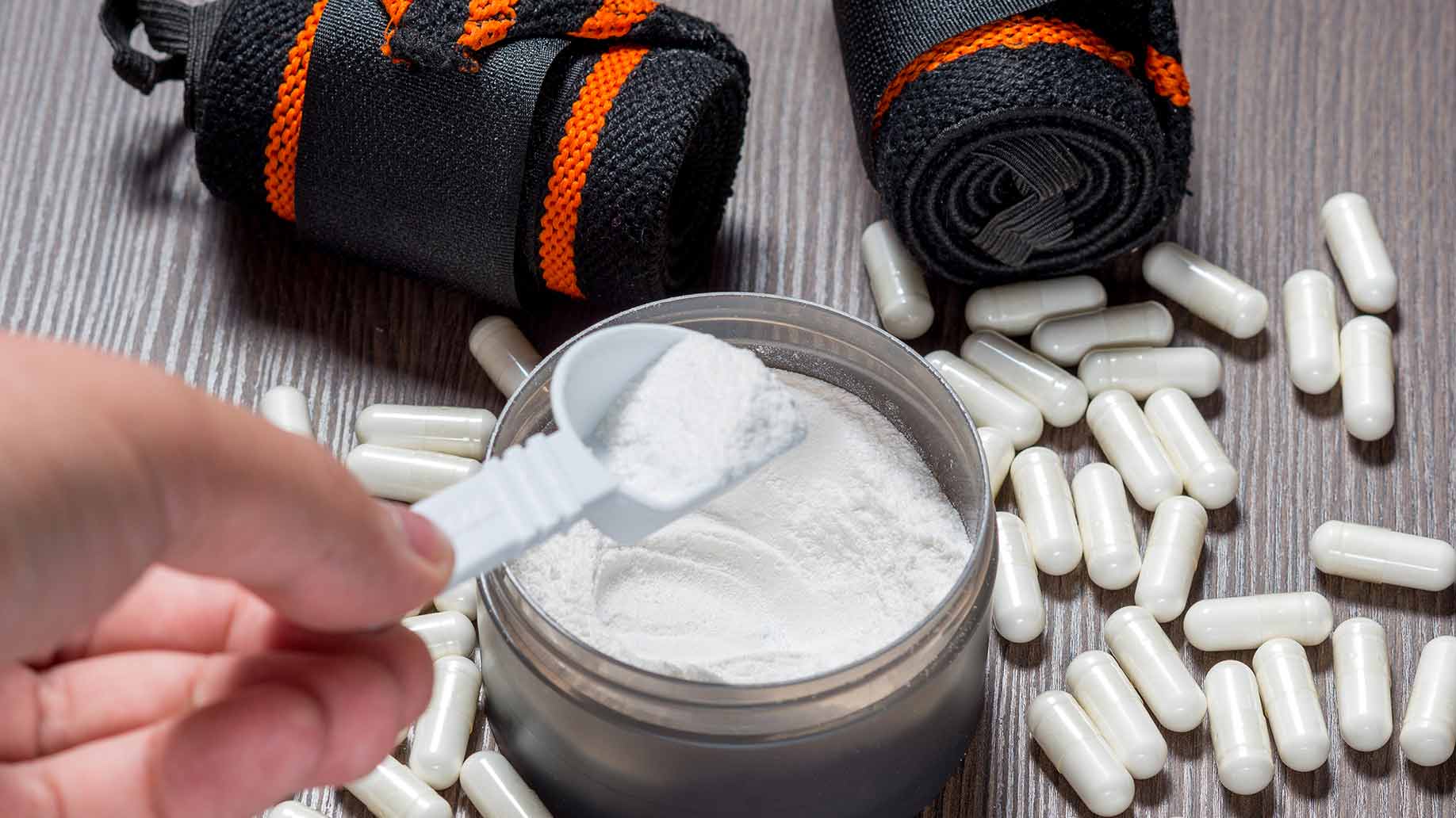
Glutamine is the most abundant amino acid in the blood and is required for a number of metabolic functions. It is a major source of energy for intestinal epithelial cells and immune cells.
Research has shown that glutamine is an essential nutrient for gut mucosal epithelial cell growth and for regulating tight junction integrity and mucosal barrier function.
Glutamine is considered a conditionally essential amino acid. Under normal circumstances the body can manufacture adequate amounts.
However, when the body is subject to catabolic stress due to illness, infection, injury, malnutrition, prolonged exercise or environmental factors, extra glutamine is required to fight disease, repair cells or rebuild tissues. In these circumstances the epithelial cells may be starved of glutamine resulting in increased intestinal permeability.
A trial published in Clinics examined the impact of glutamine in undernourished Brazilian shantytown children with stunted growth. All of the 120 participants who were at risk for intestinal infections and diarrhea all had urinary lactulose-mannitol tests at the beginning and end of the study. They were randomized to receive either a glutamine supplement, a supplement containing glutamine, vitamin A and zinc or a placebo supplement for one year.
Glutamine, with or without vitamin A and zinc, significantly improved intestinal barrier function. Glutamine treatment also significantly enhanced physical growth compared to the placebo as measured by scores of weight and height for age. The researchers theorized that by improving gut barrier function, glutamine enhanced nutrient absorption, triggering weight gain and growth.
A clinical study published in Burns examined the effect of glutamine supplementation on intestinal mucosal barrier function in patients with severe burns. A total of 48 patients were randomly divided into two groups. The treatment group received oral glutamine supplements and the control group received a placebo. All of the patients took a lactulose-mannitol test at the beginning and end of the trial. In addition, their blood was tested for diamine oxidase, a marker for the status of the gut mucosa.
After 14 days, the glutamine group had significantly improved levels of diamine oxidase activity and a better lactulose-mannitol ratio than the placebo group, showing reduced intestinal permeability. Glutamine treatment also significantly accelerated wound healing and reduced the length of time patients stayed in hospital by approximately 10 days.
A pilot study published in the Journal of Parenteral and Enteral Nutrition evaluated the effects of glutamine on tight junction proteins in the colonic mucosa of patients with diarrhea-predominant irritable bowel syndrome (IBS-D). Patients with IBS-D have decreased tight junction function and increased intestinal permeability.
Researchers took biopsy samples from the colons of 12 IBS-D patients and incubated them in test tubes with increasing concentrations of glutamine. The samples were then analyzed for specific tight junction proteins. Glutamine increased the synthesis of claudin-1, an integral membrane protein which is a component of tight junction strands.
Method: Most high protein foods are good sources of glutamine including meat, fish, eggs and dairy. Plant sources of glutamine include legumes, nuts, red cabbage and green leafy vegetables.
Glutamine (or L-Glutamine) supplements are available as capsules, tablets or a powder that can be mixed into shakes or juice. The recommended dosage of glutamine for leaky gut is 1,000 mg taken twice daily.
Recommended:
3. Soluble Fiber
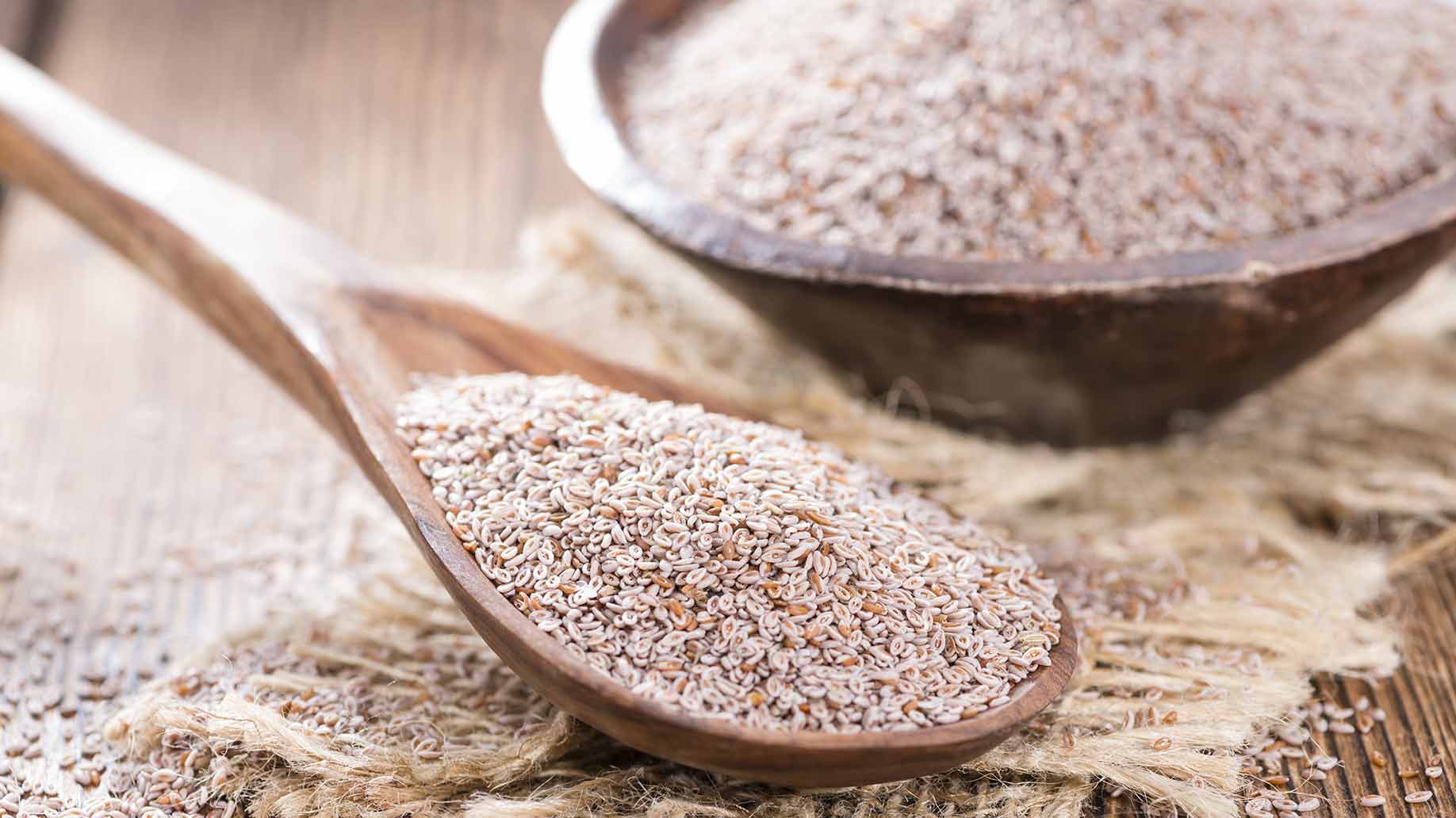
Dietary fiber plays an important role in gastrointestinal health. Research indicates that fiber helps to maintain the normal epithelial barrier function and reduce intestinal permeability.
Soluble fiber promotes the growth of beneficial Bifidobacteria which help to sustain a healthy mucus layer in the colon.
When bacteria in the intestines ferment dietary fiber, they produce butyrate. This fatty acid is an important energy source for the epithelial cells.
A review article published in Alimentary Pharmacology and Therapeutic concluded that butyrate has multiple effects including reinforcing colonic barrier function, inhibiting inflammation, decreasing oxidative stress and protecting against colon cancer.
A laboratory study published in Inflammatory Bowel Diseases investigated whether beta-glucan, a type of soluble fiber found in oats, could improve intestinal barrier function in Crohn’s disease. Researchers took segments of the epithelium from 8 patients with Crohn’s disease and 9 controls. These were mounted in an apparatus used for measuring epithelial membrane properties and barrier functions.
Beta-glucan inhibited the harmful effects on the epithelium produced by a stress-inducing chemical compound. It also reduced hyperpermeability in epithelial cells from both the Crohn’s patients and the controls.
A rodent study published in Cell Host and Microbe investigated whether fiber protects against deterioration of the colonic mucus layer. Researchers fed mice a low-fiber Western style diet (WSD) and found that it altered their colonic microbiota, increased intestinal penetrability and reduced the growth rate of the colonic mucus layer. Feeding the mice inulin, a type of soluble fiber found in vegetables, prevented mucosal barrier defects associated with the WSD.
A randomized controlled trial published in the BMJ compared the effectiveness of increasing the dietary content of soluble fiber or insoluble fiber in patients with irritable bowel syndrome. Researcher recruited 275 patients aged 18-65 years who had been diagnosed with irritable bowel syndrome in the previous two years.
Patients were randomly allocated to receive either 10 g of psyllium (soluble fiber), 10 g of bran (insoluble fiber), or a placebo (rice flour) twice daily mixed with food. Patients kept weekly diaries during the 12-weeks of treatment and filled in questionnaires about the severity of their symptoms.
After three months of treatment, symptom severity scores in the psyllium group were reduced by 90 points, compared with 49 points in the placebo group and 58 points in the bran group. A significantly greater proportion of patients in the psyllium group reported adequate relief of symptoms compared with the placebo group. Bran showed no clinically relevant benefit.
Method: The best dietary source of inulin is chicory root. Other foods containing inulin include Jerusalem artichokes, asparagus, onions and garlic. The best dietary sources of beta-glucan are oats, barley and shiitake and oyster mushrooms.
Inulin, beta-glucan and psyllium husk supplements are all available in capsule form or as a powder that can be mixed into smoothies or used in home baking.
Recommended:
4. Vitamin A

Vitamin A is needed to repair the mucus membranes in the intestine and maintain the health of epithelial cells. It also supports the immune system and protects against bacterial and viral infection.
Research has shown that alterations in the epithelial lining occur early in vitamin A deficiency, suggesting an important role for vitamin A in maintaining intestinal barrier function.
Studies done on vitamin A and gut barrier integrity center around young children with poor diets who are susceptible to diarrhea and infections associated with a leaky gut.
A report published in the Journal of Infectious Diseases described studies done on gut integrity and vitamin A in Gambian and Indian infants. In Gambia, 119 children were given a lactose-mannitol test every month between the ages of 2 months and 15 months. The data showed that gut barrier function was least impaired during the mango season, the time of maximum vitamin A intake.
Two randomized controlled trials in India tested the effects of vitamin A supplementation on gut barrier function. In one 80 infants attending a community health center received 16,700 IU of vitamin A weekly or placebo. In another, 94 hospitalized infants were given 200,000 IU of vitamin A or a placebo. Lactose-mannitol tests conducted before and after supplementation showed that groups treated with vitamin A had more rapid improvement in gut integrity than the placebo groups.
A pilot study published in the Journal of Infectious Diseases investigated the actions of vitamin A on gut integrity in 30 mildly malnourished Brazilian children. The children all took a lactulose-mannitol urine test. Blood tests showed that 2 of the children were moderately vitamin A deficient and 17 were mildly deficient.
The data indicated that intestinal barrier function was inversely correlated with vitamin A levels. Children with poorer vitamin A nutritional status were more likely to have impaired intestinal integrity.
In a follow-up study published in the Journal of Health Population and Nutrition, the same researchers examined whether supplementation with vitamin A and zinc would improve intestinal function. A group of 20 children who had experienced at least one episode of persistent diarrhea or had a low weight for their age were selected to receive supplements. Age-matched children were used as a control group.
All of the participants had their blood tested for levels of vitamin A and zinc and took a lactulose-mannitol test to determine intestinal permeability. The supplement group were given a single high dose of oral vitamin A. They also received a two-week course of 20 mg of zinc sulphate per day. Increased blood levels of vitamin A following supplementation were significantly correlated with decreased intestinal permeability.
Method: The best dietary sources of vitamin A are liver, cod liver oil, eggs, dairy products, dark-green leafy vegetables and deep-orange fruits and vegetables.
Be sure to read the label when taking vitamin A supplements. Some forms of vitamin A can be toxic in large doses. According to the National Institutes of Health (NIH) the Tolerable Upper Intake Levels for preformed vitamin A (retinyl palmitate) is 10,000 IU for adults. Large amounts of beta-carotene and other provitamin A carotenoids are not associated with major adverse effects.
Recommended:
5. Stress Management

Most people know from personal experience that stressful situations can cause gastrointestinal symptoms ranging from ‘butterflies in the stomach’ to nausea or diarrhea.
According to a review published in the Journal of Physiology and Pharmacology, the major effects of stress on the gut include an increase in intestinal permeability, negative effects on regeneration of gastrointestinal mucosa and negative effects on intestinal microbiota.
A review published in Cell and Tissue Research found evidence that stress hormones such as norepinephrine interact with protective bacteria on the mucosal surface of the gut, shift microbial colonization patterns and alter susceptibility to infection.
Research has shown that defects in intestinal barrier function are associated with functional gastrointestinal disorders (FGDs) such as constipation, diarrhea and irritable bowel syndrome. A study published in The Journal of Nervous and Mental Disease investigated the association between stress and FGDs in 668 apparently healthy students. The participants completed an online questionnaire that asked about gastrointestinal symptoms and assessed subjective experience of stress, coping strategies and stress reactivity.
The data showed that FGD symptoms were significantly predicted by increased perceived stress levels, reactivity to stressful situations and maladaptive coping strategies. Researchers concluded that stress-reducing interventions may be beneficial for patients with FGDs.
A prospective study published in Biopsychosocial Medicine examined the factors that lead to a change from non-patient irritable bowel syndrome to IBS patient status. Researchers used a questionnaire to screen individuals for IBS and identified 136 subjects with IBS symptoms which were not severe enough to cause them to seek medical attention.
These non-patient IBS subjects were followed up for 3 years and completed surveys at 3-month intervals. The surveys included items on IBS symptoms and any medical consultations associated with IBS. They also covered biological, psychological, life-style and environmental risk factors for IBS.
Over the course of the study, 37 non-patient IBS subjects went on to become IBS patients under medical care. IBS symptoms disappeared in 26 on the non-patient subjects. In the group that progressed to IBS, psychosocial stressor (daily hassles) score and IBS symptoms score both significantly increased just before onset. Analysis of the survey data showed that stressors, stress coping, response to stress and lifestyle play more important roles in IBS onset than biological factors.
Method: If you have symptoms relating to intestinal, inflammatory or autoimmune diseases that tend to flare up or worsen on certain occasions, it can be helpful to keep a daily diary of symptoms and stressful events. Once you establish a connection, learning stress management techniques and coping strategies could help reduce any symptoms associated with leaky gut.
Stress-relieving practices include mindfulness, yoga, nature walks, meditation and laughter-therapy (watching comedy routines or sitcoms that make you laugh out loud). If you have intestinal problems accompanied by depression or anxiety, cognitive behavioral therapy may help both the physical and emotional symptoms.
Recommended:
- Time to Relax- Calming, Stress Relief Classical Music for Healing
- The Relaxation and Stress Reduction Workbook
- Adult Coloring Book Designs: Stress Relief Coloring Book
Other Treatments for Leaky Gut
The remedies listed below are often recommended by complementary or alternative medicine practitioners. They may be helpful, but their effectiveness in treating leaky gut has not been tested on humans in large-scale controlled trials.
1. Quercetin
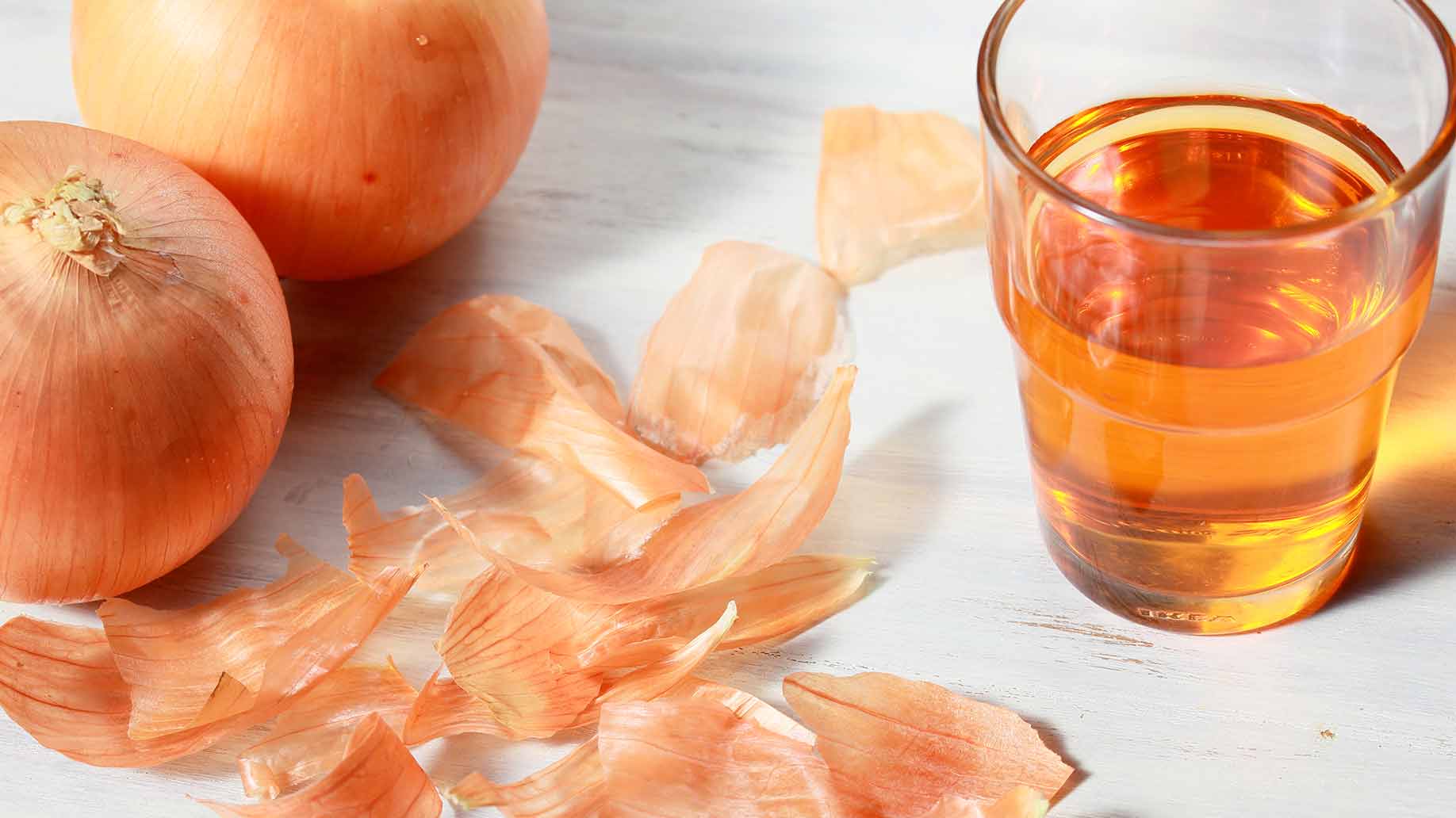
Quercetin is a plant flavanol found in foods such as red onions and kale. It has antioxidant and anti-inflammatory properties.
Laboratory research has shown that when human intestinal cells are incubated with quercetin in a test tube, their barrier function is enhanced.
Recommended:
2. Ginkgo Biloba

Ginkgo biloba extract is derived from the leaf of the Chinese ginkgo tree. It is a popular supplement due to its antioxidant properties.
In one study, rats were pretreated with oral ginkgo biloba extract before being injected with acetic acid to simulate ulcerative colitis. Ginkgo reduced the inflammatory response and reduced damage to the colonic mucosa.
Recommended:
3. Digestive Enzymes
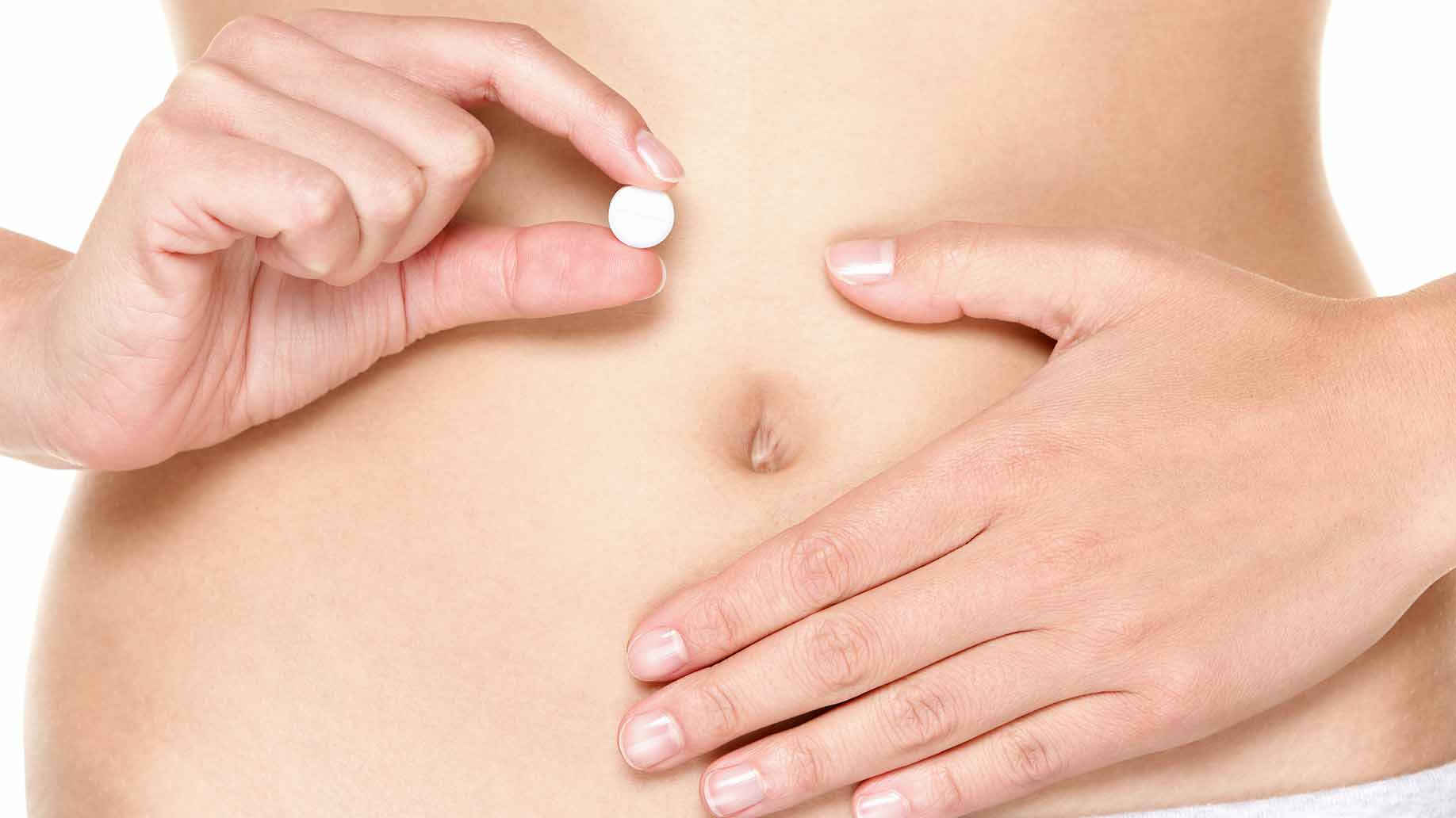
Digestive enzymes break down foods into individual nutrients.
Plant or fungal-based enzymes do much of this breakdown in the stomach before the food even enters the intestines. This prevents large undigested food particles from irritating the intestinal lining. It also makes nutrients more readily available to be used for upkeep and repair of epithelial cells.
Supplements containing protease, amylase, lipase and lactase will help to digest proteins, starches, fats and lactose.
Recommended:
4. DGL Licorice Root

Licorice root has a history of use as a folk remedy for digestive problems. However, it contains a sweet substance called glycyrrhizin that can cause high blood pressure and other issues.
Deglycyrrhizinated (DGL) licorice has the glycyrrhizin removed. While DGL has not been studied as a treatment for intestinal permeability, one study found that it worked as well as an over-the-counter medication for treating peptic ulcers.
N-acetyl glucosamine is a chemical that comes from the outer shells of shellfish. Researchers have hypothesized that it may contribute to the biosynthesis of the mucosal lining and augment epithelial defenses.
In a pilot study on 12 children with severe inflammatory bowel disease, 8 children given oral N-acetyl glucosamine showed clear improvement.
Recommended:
5. Zinc

Zinc is an essential trace element required for multiple cellular functions. The cells of the intestinal mucosa have a rapid turnover, so zinc is important for maintaining the integrity of the intestinal lining.
A small study on 12 patients with Crohn’s disease in remission found that 8-weeks of zinc supplementation restored normal intestinal permeability.
Recommended:
The 4 R’s
Many alternative health care practitioners recommend the 4 R’s process for healing a leaky gut.
- REMOVE foods and medicines that may damage the intestinal barrier or disturb the microbial balance. These may include processed foods, sugar, grains, alcohol, NSAIDs and unnecessary antibiotics.
- REPLACE these with a diet rich in vegetable fiber, vitamin A foods, fermented foods and anti-inflammatory omega 3 fatty acids.
- REPAIR the gut with supplements such as glutamine.
- REBALANCE the gut microbiome with probiotic foods and supplements.
Final Word
If you have been diagnosed with an intestinal disease, an autoimmune disease or an inflammatory disease, consider seeking out a functional medicine practitioner, naturopath or nutritionist to request a lactulose-mannitol test for leaky gut. Restoring intestinal barrier integrity might improve your symptoms.
Even if you do not have increased gut permeability, you can improve your overall well-being by eating a nourishing, fiber-rich diet to ensure that you maintain a healthy gastrointestinal system and gut microbiome.








